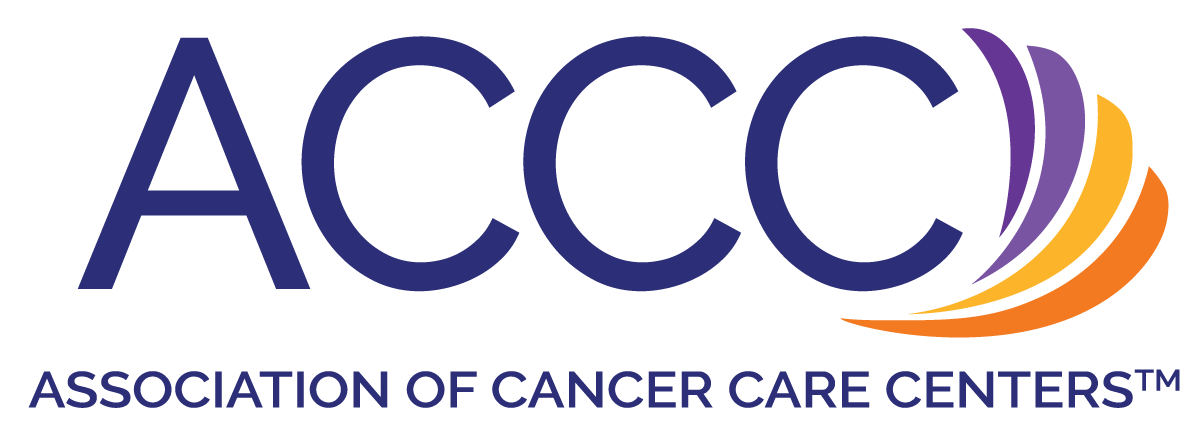
To Decrease Medical Mistrust in Oncology, We Must Increase Community Inclusivity

A poster presented at the 40th National Oncology Conference addressed several hot topics in the oncology treatment and research space: addressing medical mistrust in underresourced communities, partnering with trusted organizations to improve health equity, and increasing inclusivity in research.
“Health equity is about not only the attainment of the highest-level status of health. It’s not just a racial issue; it’s so much more than black and white,” noted Audrey Davis, MA, LPC, PM-LPC, senior director of
Posters were presented this year for the first time at the
Her poster, “Diverse Representation in Patient, Survivor, Caregiver, and Professional Advisory Boards for Decreasing Medical Mistrust,” represents the culmination of research on factors that could both decrease and increase medical mistrust among historically underresourced patients with cancer, such as the Black and African American, Hispanic and Latino, American Indian, Alaskan Native, Asian American, and LGBTQ+ communities. Two groups were convened in response to CSC’s need for more diverse and equitable representation in its research endeavors: the Patient, Survivor, and Caregiver Health Equity Panel and the Center for Health Equity in Oncology (CHEO) Professional Advisory Board.
The Community-Based Systems Dynamics: Factors Fueling Medical Mistrust qualitative research study was conducted in 2022. Using community-based systems dynamic group model building, investigators worked with the 2 groups to define potential links between social factors that influence health outcomes, identify what affects trust in oncology programs, and recognize gaps in linking patients who already have trusted care to services.
Virtual meetings with the panel and CHEO board members led to the development of a mapping system of 4 factors that can aid in decreasing medical mistrust in historically underresourced communities. This map is what allowed the collaborators to visualize potential connections between factors that influence medical mistrust, with the ultimate goal of having a more clear understanding of which social factors exert more or less influence and the planning for and implementation of policies and practices to overcome those oncology care barriers.
Here are the 4 factors that were identified and what the Equity Panel and CHEO identified as potential solutions to increase medical trust in oncology care among historically underresourced communities:
The informed and empowered patient: Patient education is vital. Providing current information to patients and community members helps to equip them with the tools they need to have more and better control over decisions that have a direct impact on their health and quality of life. To that end, health care providers need to concentrate more of their time on improving pathways to accurate information.
Culturally aware, humble, and inclusive providers: Racially concordant care was deemed very important in decreasing medical mistrust. To that end, there should be accountability structures outside of clinical training if medical mistrust is to be reduced and providers need to receive training that incorporates that accountability around diversity, equity, and inclusion to strengthen policy in this area.
Resource-rich community and social context: With marginalized communities frequently being resource deserts, Davis underscored, education that focuses on health-related knowledge is paramount to equipping these communities with the tools they need and deserve to have to make the best-informed health care decisions. Going out into these communities, partnering with organizations that already serve them, and providing information to local and neighborhood news outlets also can be helpful. In addition, there is a need for more policies to ensure funding of training for more young people of color to enter oncology care.
Advocacy: Although patient navigators play a vital role in helping patients through their cancer journeys, the role does not always carry over into provider-patient shared decision-making. Therefore, there need to be more navigators onsite during provider-patient discussions who can help to equip patients with the tools they need to make optimal decisions about their own care, which in turn facilitates patient self-efficacy and empowerment.
“Something that I really want to underscore,” Davis said, “is the importance of partnering with the organizations and leaders that are already trusted in these communities to ensure that the messaging around clinical trials and around other treatment options that can really help drive the needle forward for these communities is both received by the people who are already trusted and also given in a way that is understood by the community and trusted by the community.”
Limitations to these findings include that most survey respondents were female and there were no participants who identified as transgender or nonbinary, so there was a lack of gender representation and gender diversity.
At this time, CSC continues to bring together advisory boards and panels across its departments on a per-project basis to ensure the ongoing development of education and content that involves patient input. A docuseries, “Justified Medical Mistrust: Acknowledging the Past to Change the Future,” is helping to address clinical trial participation disparities through diverse patient focus groups; CSC’s Peer Clinical Trials Support Program matches previous Black and African American clinical trial participants with current Black and African American patients who are receiving cancer treatment and want to learn more about the clinical trial process; and a partnership with the Navajo Nation has CSC working with the
Reference
Davis A. Diverse representation in patient, survivor, caregiver, and professional advisory boards for decreasing medical mistrust. Poster presented at: Association of Community Cancer Centers 40th National Oncology Conference; October 4-6, 2023; Austin, TX.
Newsletter
Stay ahead of policy, cost, and value—subscribe to AJMC for expert insights at the intersection of clinical care and health economics.









